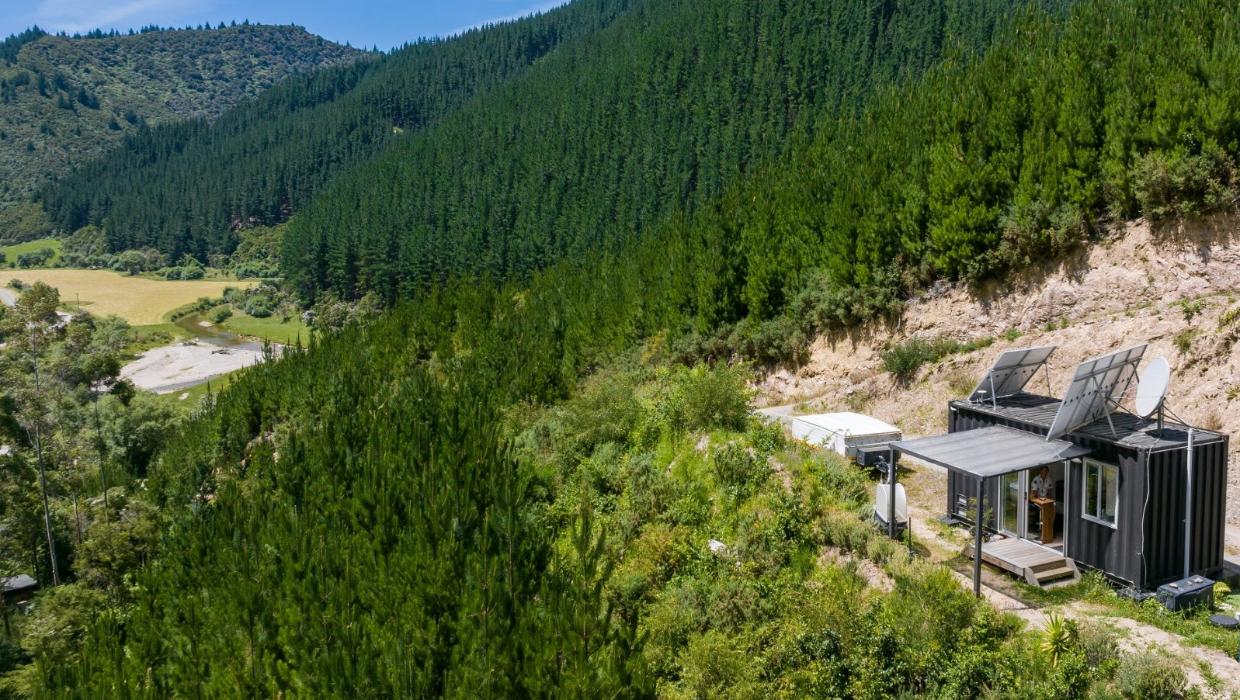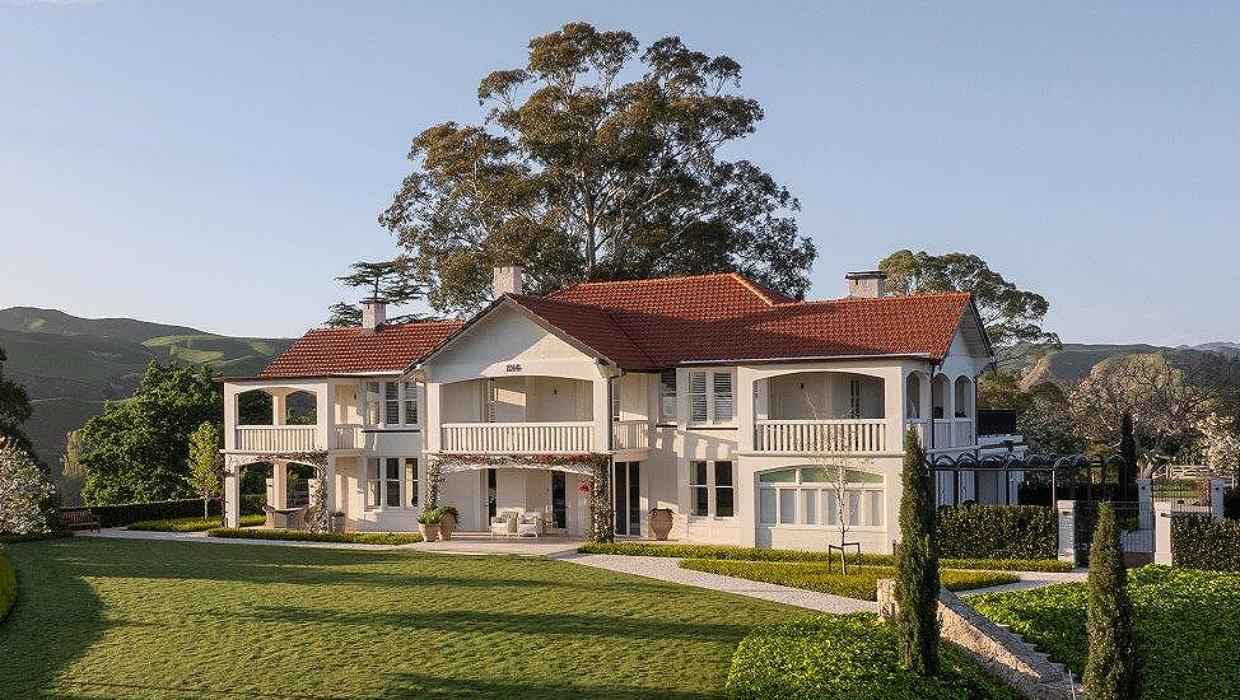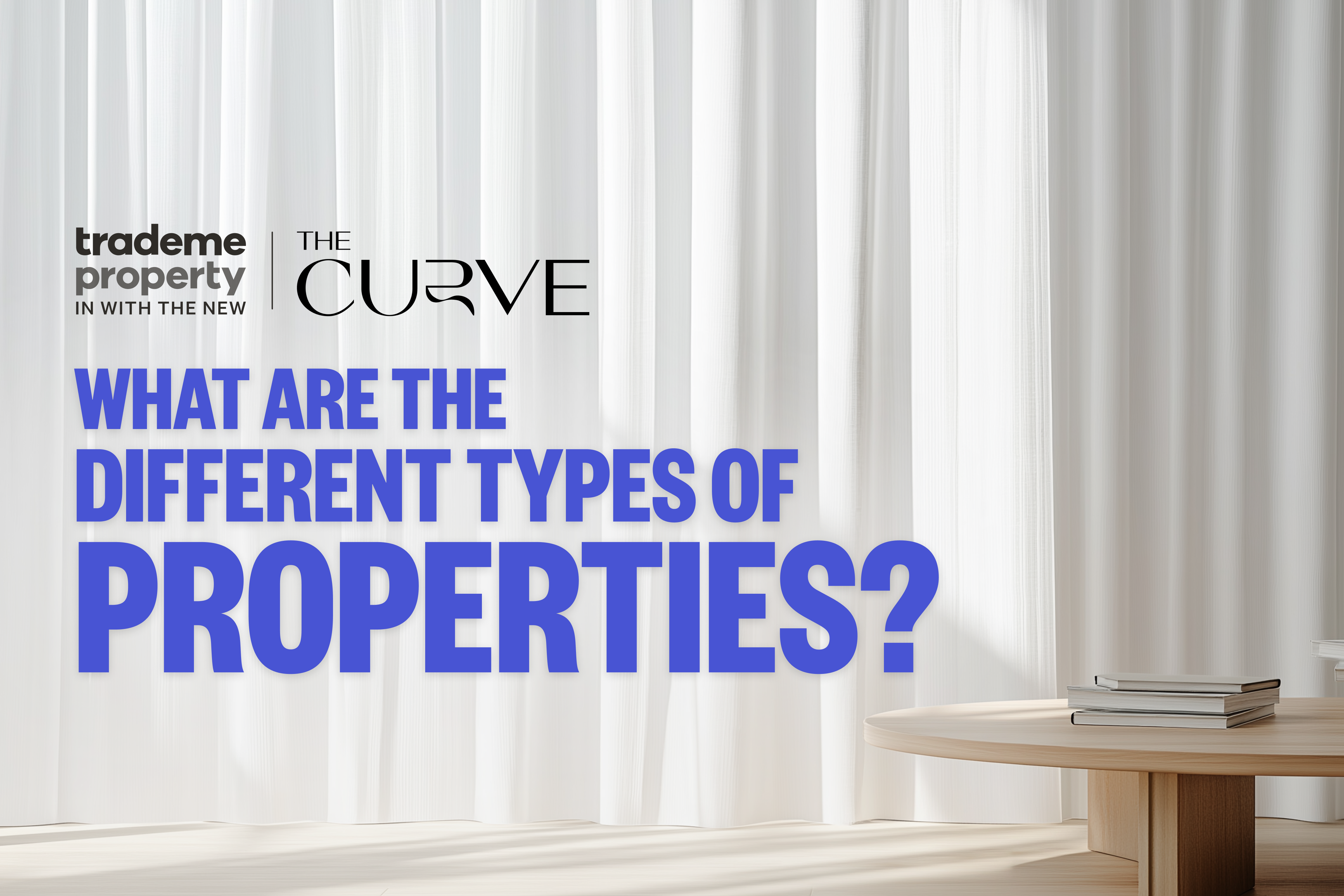Feature article
House hunting: what are the different types of properties?
There’s plenty of variety in the NZ housing market.

1. Freehold
2. Cross Lease
3. Leasehold
4. New Build
5. Existing Home
Financial Disclaimer
Author
Discover More

Seeking the simple life? Remote off-grid bach in native bush with private valley
The tiny home was brought in on the back of a truck.

‘Absolutely exceptional’: Multimillion-dollar restoration transforms heritage homestead
Nothing but the best could well have been the brief for this four-year restoration project in Hawke’s Bay.
Search
Other articles you might like




